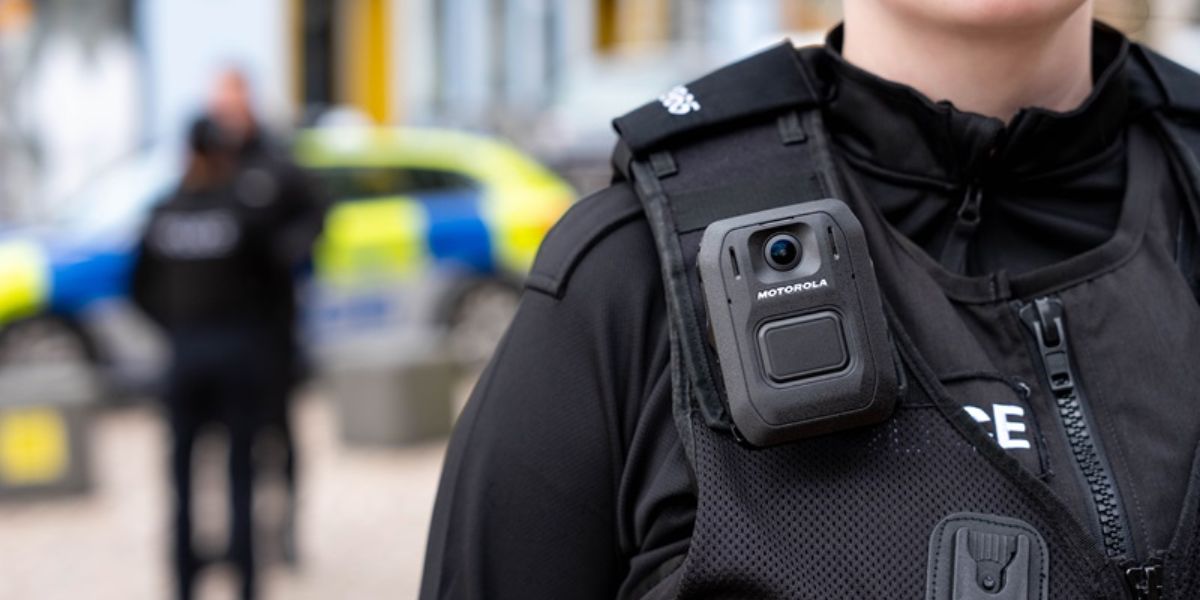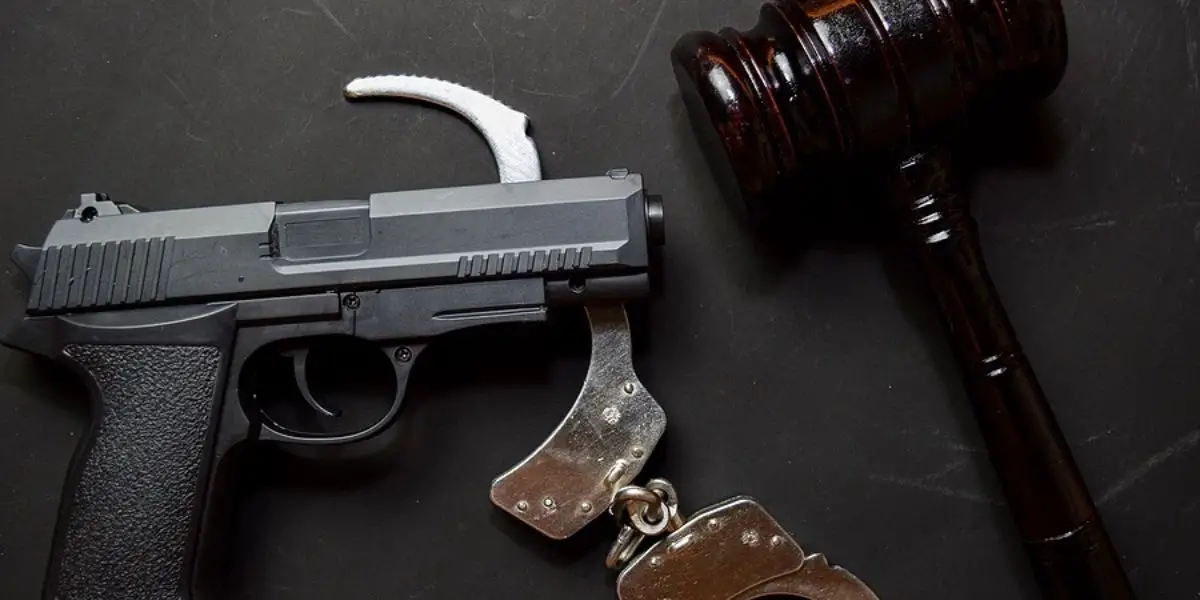MJP –
Body-worn cameras, or bodycams, have become an important tool in law enforcement across the United States, enhancing transparency and accountability. The implementation and regulation of bodycams vary from state to state, with laws designed to balance public safety, privacy, and the rights of individuals.
Here are five key bodycam laws in America that illustrate how different jurisdictions address this technology.
1. California’s Bodycam Privacy Protections
California has some of the strictest regulations regarding bodycam footage. Under California’s Assembly Bill 748, which went into effect in 2019, law enforcement agencies are required to release bodycam footage of critical incidents, such as police shootings, within 45 days of the event, unless the release would interfere with an ongoing investigation or endanger someone.
Additionally, the law mandates that agencies establish policies to protect the privacy of individuals recorded in the footage, including redacting identifiable information before public release.
2. Texas Bodycam Law and Public Access
In Texas, bodycam footage is governed by the Texas Public Information Act. Under this law, bodycam footage is considered public information, but there are exceptions. For instance, footage from ongoing investigations, incidents involving juvenile suspects, or recordings that invade personal privacy may be withheld from public disclosure.

Texas law also requires law enforcement agencies to have clear policies on the use and storage of bodycam footage, ensuring that it is retained for a specified period, typically 90 days unless required for longer.
3. New York’s Bodycam Policy and Transparency
New York City implemented its bodycam program as part of a broader police reform effort. New York’s bodycam policies require officers to activate their cameras during enforcement actions, such as stops, searches, and arrests.
SEE MORE –
Big Conspiracy Here! Citadel Faces Legal Trouble: Included in RICO Lawsuit in Georgia
The footage is subject to strict controls, with access limited to authorized personnel and released to the public only in specific circumstances. The New York Civil Liberties Union has advocated for more transparency, arguing that bodycam footage should be released more freely to ensure public trust and accountability.
4. Florida’s Bodycam Law and Privacy Concerns
Florida’s bodycam regulations are defined under the Florida Statutes, which emphasize the protection of privacy while ensuring transparency. The law requires that bodycam footage be made available for public review, but it includes provisions to protect the privacy of individuals captured in the footage.
For example, footage that includes sensitive or private information, such as medical details or juvenile identities, may be redacted or withheld. Additionally, Florida law mandates that bodycam footage be retained for a minimum of 90 days unless it is part of an ongoing investigation or litigation.
5. Ohio’s Bodycam Use and Disclosure Rules
Ohio has established guidelines for the use and disclosure of bodycam footage under its state laws. The Ohio Revised Code outlines the procedures for recording, storing, and releasing bodycam footage. Law enforcement agencies are required to follow strict protocols to ensure that footage is used appropriately and that privacy concerns are addressed.
For example, footage from bodycams is generally considered public record but can be exempt from disclosure in cases involving ongoing investigations or where it might compromise personal privacy.
Conclusion
Bodycam laws across America reflect a diverse approach to balancing transparency, accountability, and privacy. While the specifics of each state’s regulations may vary, the overarching goal remains the same: to ensure that law enforcement practices are conducted fairly and that the rights of individuals are protected.
As bodycam technology continues to evolve, so too will the laws governing its use, striving to address emerging challenges and enhance public trust in policing practices.




